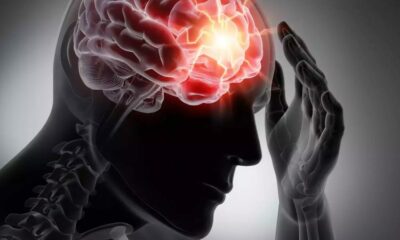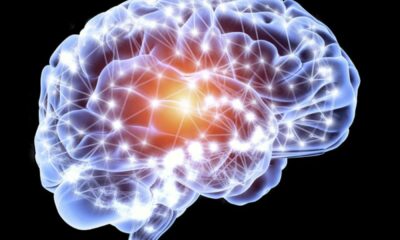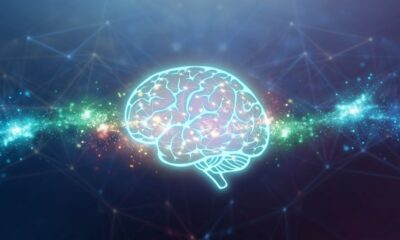

The roughly 1.5 million Americans who survive a severe brain injury each year have wildly different health outcomes. These injuries raise the possibility of developing dementia...


Understanding the subtleties of the glycemic index (GI) is essential for creating good eating habits. One important indicator of how quickly carbs in food raise blood...


Health and sleep are closely related; insufficient sleep has been associated with an increased risk of obesity, diabetes, heart disease, depression, and anxiety. Even while research...


According to a recent study, exercise can help reduce stress, which in turn can help lessen the risk of heart disease. Given that a number of...


Healthy sleep habits are associated with a lower risk of cardiovascular disease in midlife and older persons, according to a study Trusted Source that was published...


1. Reduced Delivery of Oxygen: The red blood cells’ hemoglobin is in charge of transporting oxygen from the lungs to the body’s tissues and organs, including...


According to recent studies, there are drawbacks to long-term memory retention, including DNA damage in nerve cells and inflammation in the brain where memories are “fused”...


An AI-powered gadget developed by a UK business may identify heart failure symptoms right from a person’s feet. The technology developed by Cambridge-based Heartfelt Technologies says...


Scientists at Cedars-Sinai have made an important discovery on the complex processes involved in working memory in the human brain. Under the direction of postdoctoral fellow...


What is anxiety related to climate change? The term “climate anxiety,” or “eco-anxiety,” describes unpleasant emotions pertaining to the effects of climate change. Anxiety over one’s...